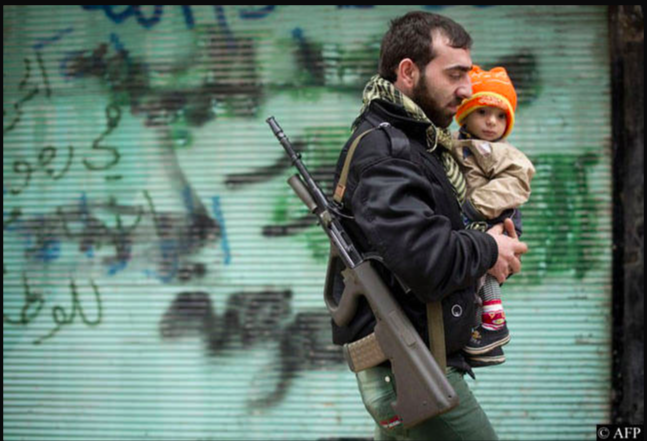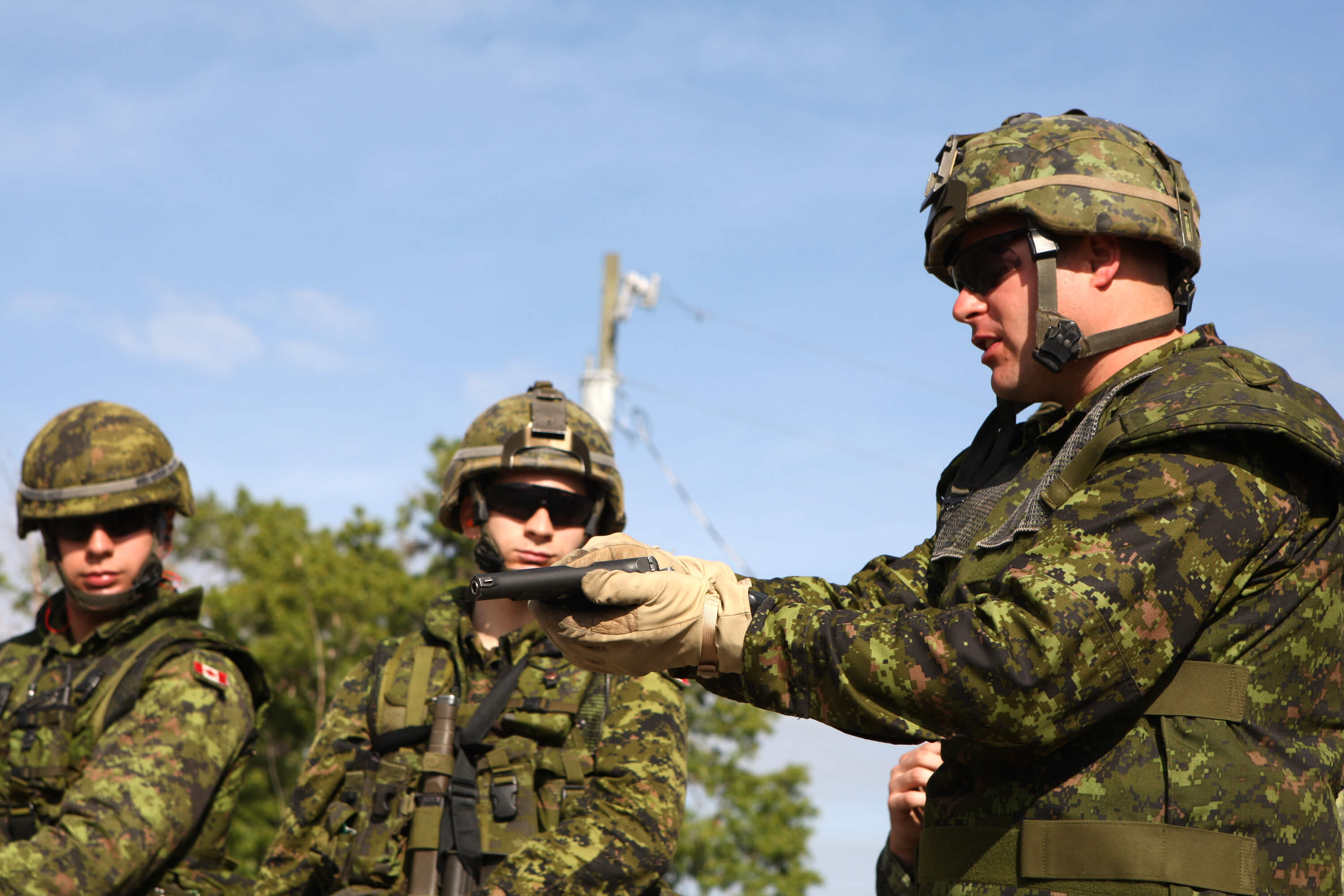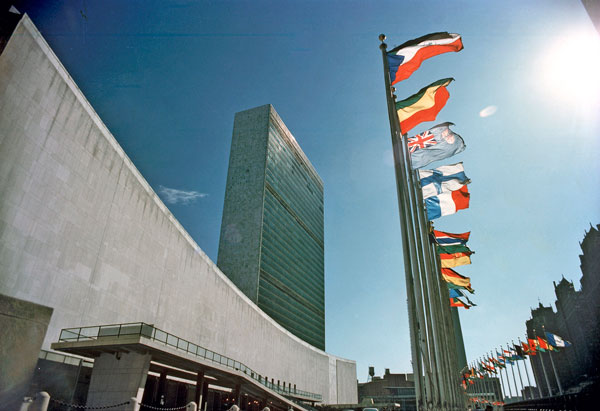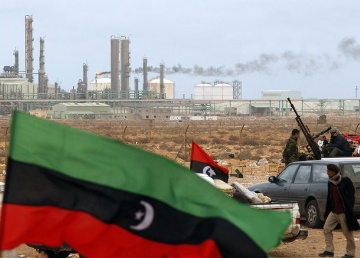Even as Russia and the United States recently brokered a partial truce in Syria, skepticism regarding its prospects abounds among commentators. Syria’s civil war continues to destabilize global politics by triggering massive outflows of people into neighboring countries ill-quipped to care for them and into an inward-looking Europe undergoing economic stress and a crisis of identity, inviting military intervention by external powers seeking to safeguard their regional interests, and providing opportunities for ISIS to hold territory and inspire terrorist attacks abroad.
With a denouement seemingly elusive, we asked our program editors this week:
What will it take to end Syria’s civil war?
Aleksi Korpela: Syria Is A Quandary
Program Editor, Procurement
I do not know what the solution to the Syrian Civil War is, but I know it will not be quick, cheap, simple or uncontroversial. Internal conflicts can drag on for decades, costing a significant amount of blood and treasure. Further complicating any resolution is the international military presence, the array of militias, ISIS, and the substantial internal and external displacement.
But as the saying goes, hope deferred makes the heart sick. So, something ought to be done, right?
The first step would be a ceasefire. As a result of negotiations, the U.S. and Russia have managed to arrange a suspension of hostilities beginning on February 26, 10 pm GMT. If this holds, the peace talks that ensue open the possibility of negotiating some form of settlement between government and rebel forces — excluding ISIS, al-Nusra, and affiliates.
However, one ceasefire guarantees nothing. One side may take advantage of the temporary peace in order to regroup and organize for an assault, just as Russian-backed separatists in Eastern Ukraine utilized the Minsk Protocol in September 2014 to accelerate fighting. Even if the Free Syrian Army and Assad’s forces honour the arrangement, other groups that benefit from continued hostilities will likely launch false-flag operations to reignite tensions.
Furthermore, it seems unlikely that, in the early stages of negotiations, major parties will be willing to make requisite concessions to secure a more permanent peace arrangement. While the Syrian conflict has been raging for five years now, civil wars can last for a long time. For instance, the Lebanese Civil War lasted for over 15 years, with approximately 150,000 casualties, while the Second Sudanese Civil War lasted for 22 years.
Ending this war, which is certainly a moral imperative and is in the interest of most states, will require maximum effort, hope, and preparation for possible contingencies if the conflict is resumed. And let us avoid ridiculous ideas, such as “carpet bombing” ISIS; the absurd serves no purpose when dealing with a tangled crisis.
Fadi Dawood: Syria, A Conflict Without An End?
Program Editor, Canada’s NATO
Syria is a country of considerable complexity and diversity. Its French colonial roots created a divided society that relied on certain groups to manage and control the remainder of the population. This created deep schisms in both the social and political spheres that continue to haunt Syria today. When analyzing the current conflict, we can’t forget the colonial past or the post-colonial period that brought Arab nationalist policies to the centre of Syria’s socio-political life. Arab nationalism marginalized non-Arabs and created layers of hostility towards a regime that rewarded political loyalty and severely punished those that did not identify as Arabs or supporters of its rule. The complex period prior to the outbreak of war is very important to our understanding of the current violence engulfing Syria today.
The war in Syria is not an internal matter only; many of the sides involved in the conflict are funded by external powers like Saudi Arabia and Qatar. Fighters have come from many countries around the world, including Canada. We have to understand that the violence is not a civil war in the traditional sense, nor can the conflict be magically stopped. But a good step forward would involve securing the border crossing with Turkey and stopping the flow of money, weapons, and fighters from outside. This might create the conditions that will help rein in the fighting.
Michael Kang: In The Dark
Research Analyst
If past negotiations of peace talks and ceasefires are any indication, it is unlikely that the Assad regime will hold its end of the deal. Although world powers have arranged a tentative plan to push both rebel and government forces to begin talks and transition to an election, the fighting will continue unabated in the absence of more pressure on the groups to end the conflict.
It will most likely come down to a change in political will in either Russia or Western capitals. As it stands, a powerful factor in shaping Russian policy is the economy. The dip in global commodities prices has hurt the energy-dependent Russian economy, on top of Western sanctions and continued budget deficits. With global economic growth not expected to rise by much this year, Russia’s troubled circumstances are unlikely to change much. With the 2018 presidential elections in mind, Vladimir Putin may reconsider the benefits of military participation in Syria. Although he currently holds high approval ratings, opinions could change in the face of an extended economic recession, low wage growth, and inflation.
The conflict will likely go on for as long as rebel and government forces disagree on the political future of the country, which, in turn, will also extend the fight against ISIS. It’s up to external states to strategically place their support and guide the two sides to cooperate and coordinate their efforts against ISIS; it will only be a matter of time until world powers are tired of dealing with a stalemate.
Vedran Kuljanin: There Is No One Solution
Research Analyst
To even act like there is one solution to ending the Syrian civil war would be borderline academic dishonesty, given the internal and external web of connections within the country. One solution that appeals to the Syrian government, Russia, Iran, Turkey, and Saudi Arabia while controlling ISIS is, at this point, a fairy tale. What would be more realistic is to provide a concise list of ideas that can do the least damage to the region and the world’s best interests. Considering all of the active players in the civil war and the length of time for which this war has raged on, any list of ideas would most likely come down to choosing the lesser of the evils.
The first step Canada can take is to contain spillover. Ensure that the Syrian civil war stays in Syria, so that bordering nations can focus on refugee management. As bad as Bashar al-Assad is, ISIS is worse. We should consider finding common ground with Syria’s leader so that we can create safe zones within Syria that would be used to hold displaced Syrians. These areas would provide health clinics and basic survival tools for Syrians who don’t wish to leave their home country. Any displaced persons who can be properly maintained within Syria would help offload pressure on neighboring countries, as well as European nations.
The other options include complete disengagement or intervention and occupation; neither option would fit with our values and would probably cause more harm than good. Think back to the Iraq War, in which the U.S. completed a full military combat mission. You are inevitably tied to that country for years to come and can’t exit unless you want to risk a complete mess in that region. Some would argue that the misadventure in Iraq was the direct cause of ISIS’ rise, and so any decision we make should focus on ensuring it doesn’t leave a void to be filled in Syria’s future.




